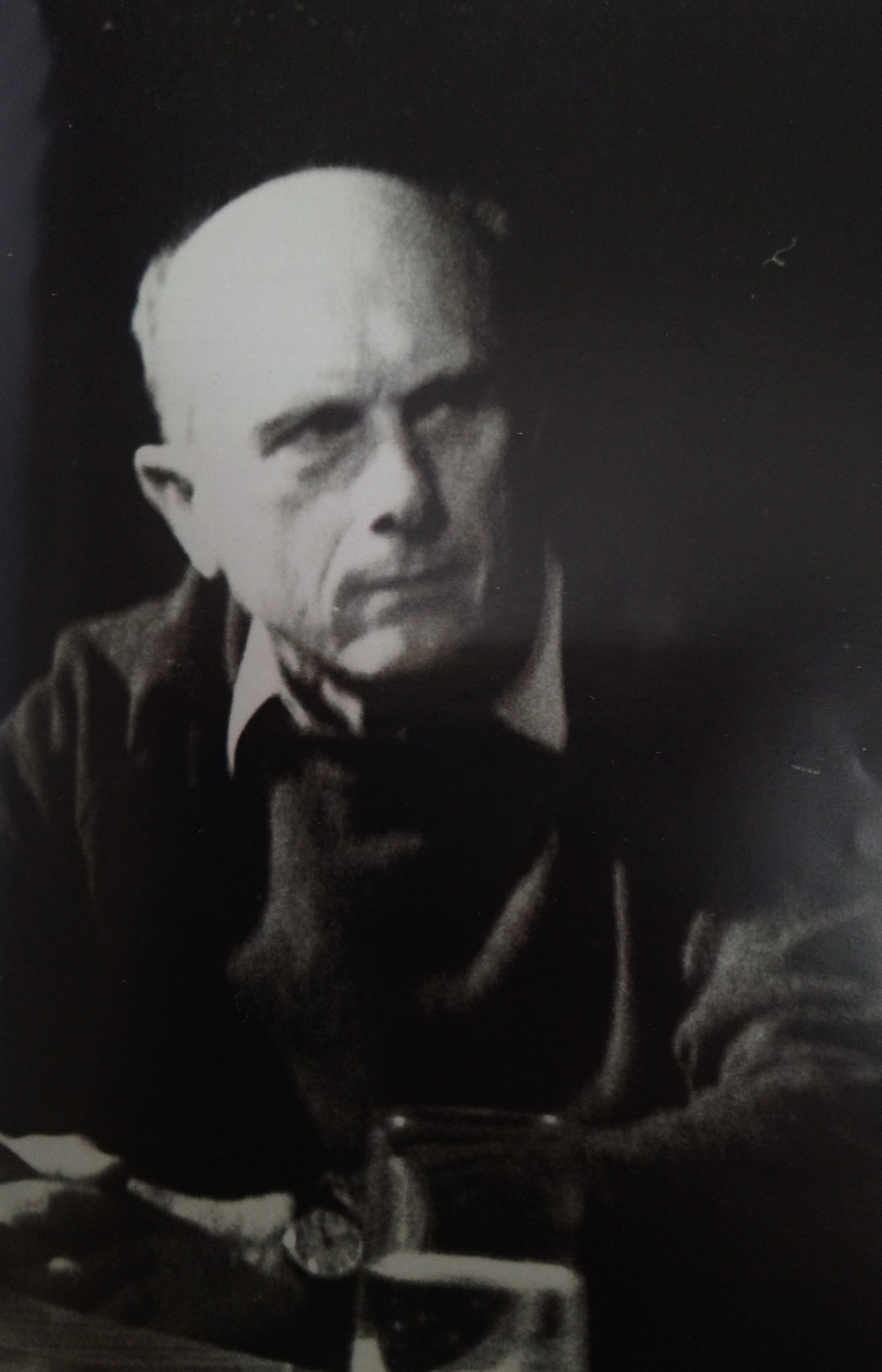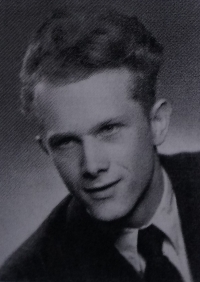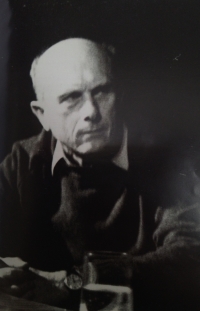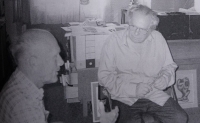The Poles were the first to disrupt the communist regime so that it eventually ceased to exist

Download image
František Všetička was born in Olomouc on 25 April 1932 and grew up in Smržice near Prostějov. His father František was a worker at Sigma Lutín, later at the Petr Bezruč Iron Works in Olomouc in sales and marketing – while an autodidact, he had a cartoonist talent and made banners with messages and statesmen’ portraits for the First of May marches etc. His mother Růžena was a seamstress by vocation. After the war, the Všetičkas relocated to Olomouc where František joined the Junák (boy scout organisation) along with his friend Břetislav Nakládal, the author of the book Memories of the Protectorate. Having completed a grammar school, he went on to study at the Faculty of Arts of the Palacký University in Olomouc (FF UPOL) and graduated in 1957 (Czech Language and History). For the first few years, he worked as a teacher at secondary technical schools and later at the Teachers Institute in Gottwaldov. Ever since, he tried to enliven literature classes through live contact with Czech authors – his classes featured poet Jan Skácel and versologist Miroslav Červenka. After the Teachers Institute was closed, he taught at the Faculty of Education of Palacký University in Olomouc (PedF UPOL). He used to go to Poland as a Čedoku travel guide. In the 1970s, he focused his attention on the samizdat, which he was able to access thanks to his friendship with writer Ivan Klíma. The witness also took part in copying and circulating (mostly poetic) literature, for a brief period and to a limited extent. He visited playwright Milan Uhde, who was under surveillance of the StB, in Brno shortly after Charter 77. As a result, the secret police targeted the witness for a short period of time and he was interrogated once in Olomouc (the StB filed him as a ‘PO’, a person under verification, and the file was destroyed on 7 December 1989). František Všetička’s extensive research work specialised primarily in the compositional poetics of Czech authors. In addition to literary science and history, he also translated from Polish and wrote poetry; he issued several books of columns and six biographical novels (including Před branami Omegy and Daleký dům). He worked as the Head of the Department of Czech Language at PedF UPOL for four years after 1989, and has been collaborating with Czech Radio Olomouc since 1990. He is a laureate of the Leopold Vrla Award for 2000 and, in 2015, he was awarded the Golden Literary Laurel Award in Poland. The City of Olomouc honoured him for his cultural activities in 2016. The almanac Architecture of Text dedicated to Assoc. Prof. František Všetička was published in 2012 to mark his 80th birthday. The witness lived in Olomouc in 2023.


